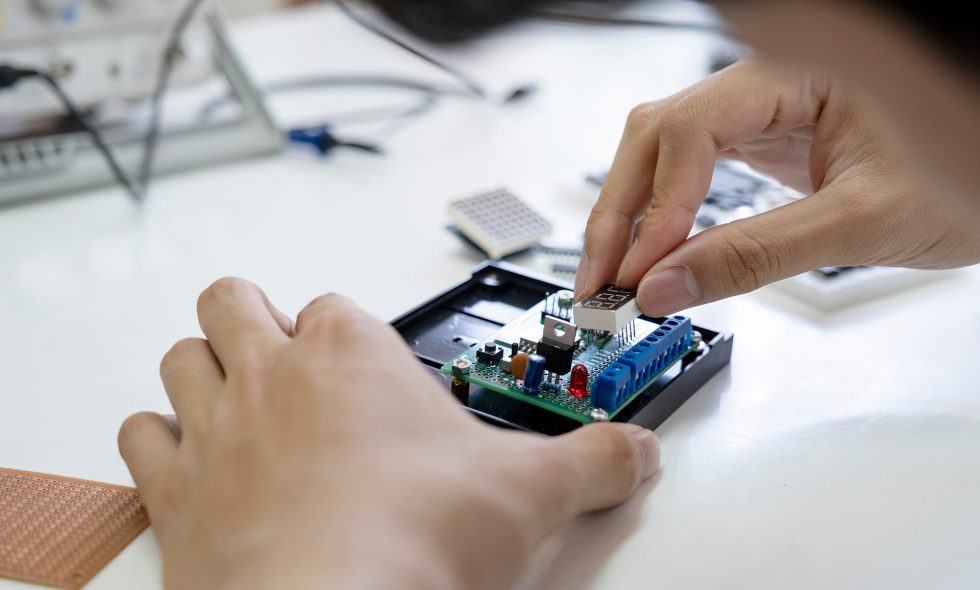The Internet of Things (IoT) is getting a revolution because of the great possibilities associated with the internet for data sharing, with which, as consumers, through the use of smartphones, GPS, appliances and other tools, we are becoming increasingly aware and familiar.
Data sharing and connecting devices are now spreading to Industry, where the term is sometimes referred to as Factory 4.0.
Just as steam, electricity and information technology before it, IoT represents a revolution in the way factories operate.
Faster and faster computers, advanced sensors – reliable performance indicators such as heat, motion and pressure – will be handled, even in air filtration and dedusting in workplaces, by interconnected solutions to track machinery performance, predicting maintenance needs and downtime, supporting compliance with environmental regulations and enabling customised configurations and facilitating information gathering, analytics and monitoring in the cloud and/or remotely.
With attention to user needs and increased expertise, using IoT to help solve air, mist, VOCs filtration or dedusting problems is a natural progression: filters and dust collectors are critical, not core, but industrialists don’t have the time to think about them as needed and basic maintenance, as well as filters replacement, can be easily overlooked in a busy workplace.
With the retirement of several employers, many users are finding it difficult to recruit skilled employees and even vital experiences for crucial working positions. New technologies, including IoT, could potentially help address these issues, helping to free up resources for other core business activities.
These trends lead to one conclusion: industrial users are open to outsourcing the monitoring and maintenance of industrial air filtration and dedusting, with the help of IoT technology: companies aim to produce more and better, with more control over their machineries and equipment, but they require valuable data for effective and efficient process optimisation and the data require competence and expertise for the related interpretation.
Most industrial equipments, unfortunately, lack the sensors needed to provide the data and properly achieve remote monitoring and preventive maintenance.
The development and integration of sensors in dust, mist, VOCs and air filters will allow the operation of systems to be monitored remotely: pressure drop, air flows and speeds, temperatures and emission values can be measured, and consequently the service life of filters can be measured, allowing for preventive maintenance and other benefits.
IoT solutions could, even in the near future, add real value for customers in process filtration and enable a significant return on investment in equipment but also in the environment to protect the health of workers.
Ecotech GTS is a purpose-built service provider created by industry experts to develop digital solutions for a complete ecosystem of services, combined with a robust IoT platform, suitable for both new and existing filtration and dedusting systems.
Experimental studies and pilot applications in various industry segments are enabling positive validations of services and solutions that Ecotech GTS is able to offer, while also expanding the range with partnerships with customers and plant operators that were not possible before.
This also interprets the growing challenges of the market where:
- users feel the need to have indications and information that allow them to make safe investments, overcoming dissatisfaction and mistrust;
- the most qualified suppliers of filtration, dedusting and purification systems feel the need to differentiate themselves from the competition;
- public authorities need serious and well-prepared technical partners, both to approve plants on the basis of rational logic linked to real production scenario and based on the principle of best available technology (BAT), and to create more up-to-date legislative standards applicable in everyday practice.
This is also in line with the great possibilities offered by the NRP in terms of incentives and funding for green transition and digitalization 4.0.

